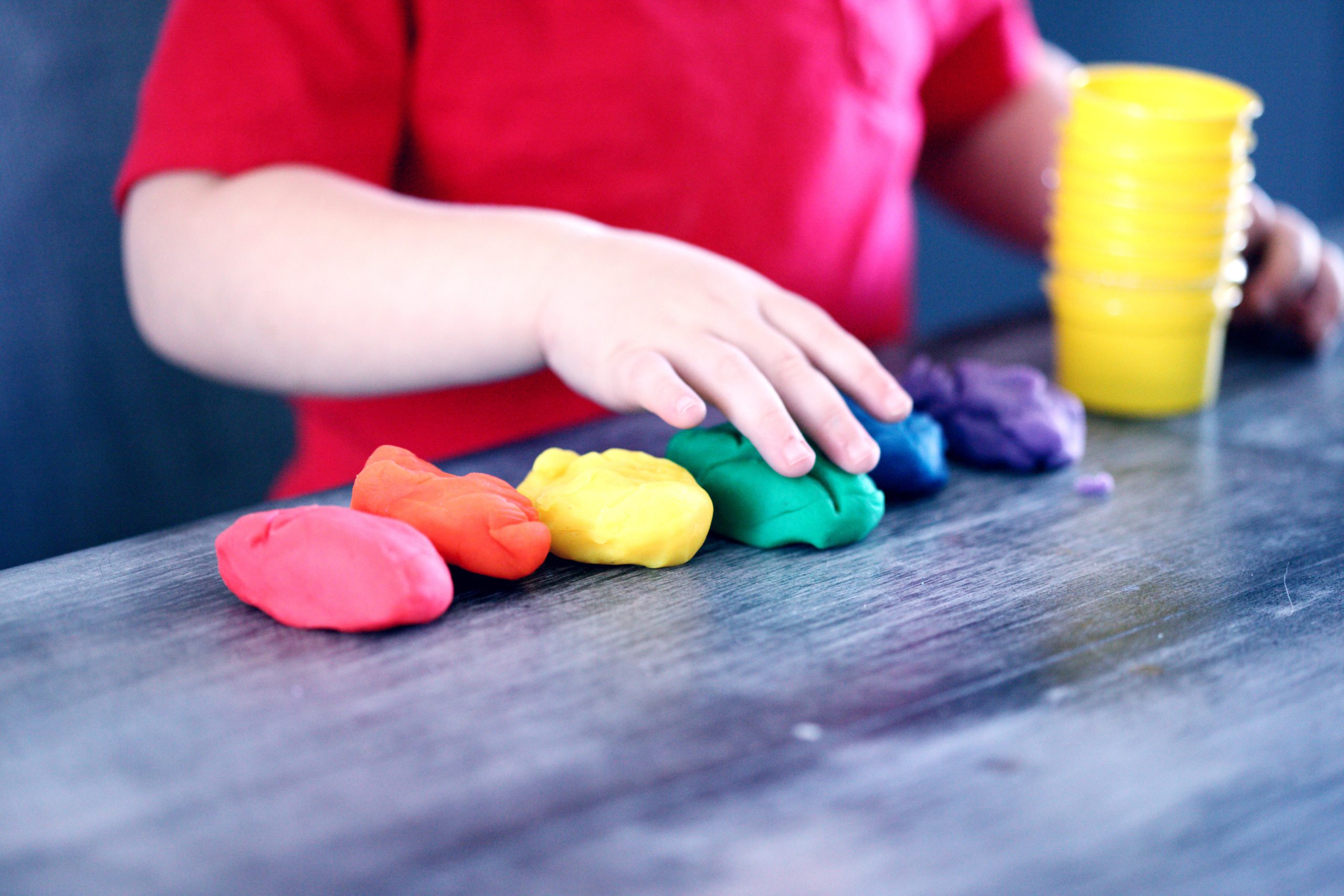Our journey of discovery into the changes to the new EYFS Framework has encountered more than a few twists and turns.
From our initial stages of Jan Dubiel’s EYFS briefing to our hugely popular Early Years Framework Guide, we’ve fully immersed ourselves in best practice conversations.
In true Learning Ladders style, collaboration with our schools was at the core. Seeking out contextual implications of the changes on our schools around the globe gave us both UK and international perspectives on how tech can best support practitioners.
So what did we learn?
We learned that our schools didn’t need answers from us.
They need options to create bespoke systems that reflect unique assessment policies based on their own contexts.
Essentially, our journey took us back to our roots.
A customisable curriculum is key
Whether practitioners feel liberated by the freedom of creating their own curriculum or find the prospect daunting, Learning Ladders gives choices for teachers to decide what is right for them.
We’ve made the Framework statements available as a starting point, reducing time consuming admin for practitioners.
Or, if teachers choose to import their own curriculum (in any language), we’ve made the process painless.
The Creation Zone keeps editing tools simple: drag & drop, rename and add statements. No need to contact system providers, pay fees or wait for changes.
With pre-loaded guidance notes from Development Matters, as well as exclusive exemplification from Early Years Consultant Jan Dubiel, schools have effective support for less experienced practitioners.
Schools can plan a challenging and enjoyable curriculum with embedded links to resources from our Curriculum Lab. Search for resources from our quality partners at BBC, Oak Academy and Developing Experts.
Upload links to environment planning (after all, environment is the 3rd adult in EYFS!) or embed links to Phonics or other schemes stored on the shared drive.
Create an evolving, working document that grows with you as a school.
Parents should be involved in learning
The Framework outlines that practitioners need to communicate with parents if any area gives cause for concern, to agree how to support the child.
At Learning Ladders we say, why wait for concerns?
Share learning goals with parents so that all parents are clear about what their child is learning. Perceptions of ‘learning through play’ and a lack of clarity around how learning is developed in the Early Years makes this even more important in EYFS.
Automate the process of upskilling parents so that parents understand how to support their child’s learning. Support articles translatable in 100+ languages mean no parent will ever wonder again about split digraphs or subitising!
Share Evidence with parents, creating opportunities for conversations about learning.
2-way communication and parental contributions of evidence creates strong partnerships with parents.
Communicate home learning tasks for children to complete via Ladders at Home, or why not share automated pupil reports to keep parents in the loop? Fully customisable to the school and with video and audio file sharing in reports, parents and teachers have a shared understanding of their child’s development.
Practitioners require simplified reporting
It was clear through conversations with UK and international schools that requirements for reporting are driven not only from the Framework but from differences in regulators, varying across the globe.
So we’re giving our schools options.
Options for schools to reflect their bespoke assessment policy. Schools choose the number of judgements and have the option to customise the wording, code and colours.
Choose to record half termly or termly point in time professional judgements by viewing evidence collated by teachers, key workers, parents and professionals- all in one place.
Monitor gaps in observations and identify areas for greater depth, informing future planning with Gap Analysis.
View judgements in easy to interpret graphs within Assessment Summary. Download and print graphs showing the percentage of children at each attainment and progress descriptor and use handy filters for a deeper look at data based on Ethnicity, gender, SEN, FS1/FS2.
Better integration into KS1 and beyond
Critically, a significant learning was that schools require more seamless transition between phases.
The days of separate systems for EYFS and the rest of the school are over.
Foundation stage data, curriculum and evidence can be utilised to form a picture over time- finally a joined up picture of progress and attainment across the whole school.
One thing that is clear to us, there is already great practice taking place in all of our schools within EYFS and we’re looking forward to embarking on the next year together.
What’s Next?
The BETA (testing) version of our EYFS Module will be available to schools on request from the beginning of September, with features and functionality being added throughout the year and refinements being made based upon your feedback. You’ll need to have staff training before it’s activated, so do contact the office to help us plan your support and schedule this.
Watch our introductory webinar here:
For any questions or to discuss further contact us or email hello@learningladders.info.
